Other Artiodactylids Introduced in Texas
Several other introduced species, not treated herein, occur throughout Texas. Frequently, these species are seen on the Texas landscape, although most are limited to a few exotic game ranches and seldom are found in free-ranging populations. Given that they are treated and managed more as livestock than wildlife, we decided not to include these species in our species accounts or taxonomic keys. It may be that in the near future some of these species will proliferate and escape their high-fence environment and establish free-ranging populations. At that time, their status can be reconsidered. For now, we simply provide a select list of some of the more commonly observed introduced species and make a few general comments about each species
Greater Kudu*, Tragelaphus strepsiceros. Introduced, uncommon. Bovidae. A cow-sized animal, brown in color with vertical white strips on sides and flanks. Horns are long, broad, and spiraled.
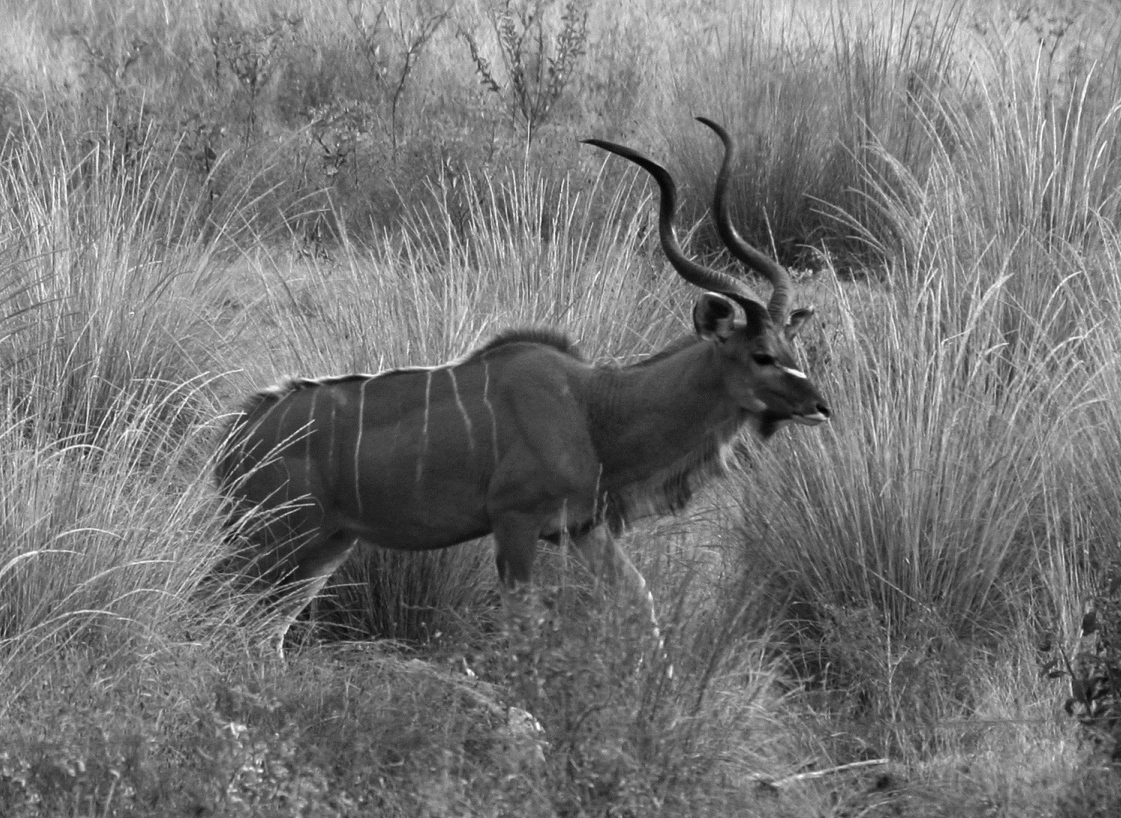
Eastern Thomson's Gazelle*, Eudorcas thomsonii. Introduced, uncommon. Bovidae. A small, pronghorn-sized animal, brownish red in color with horizontal black stripe on sides. Horns are long, slim, and give the appearance of being ringed.
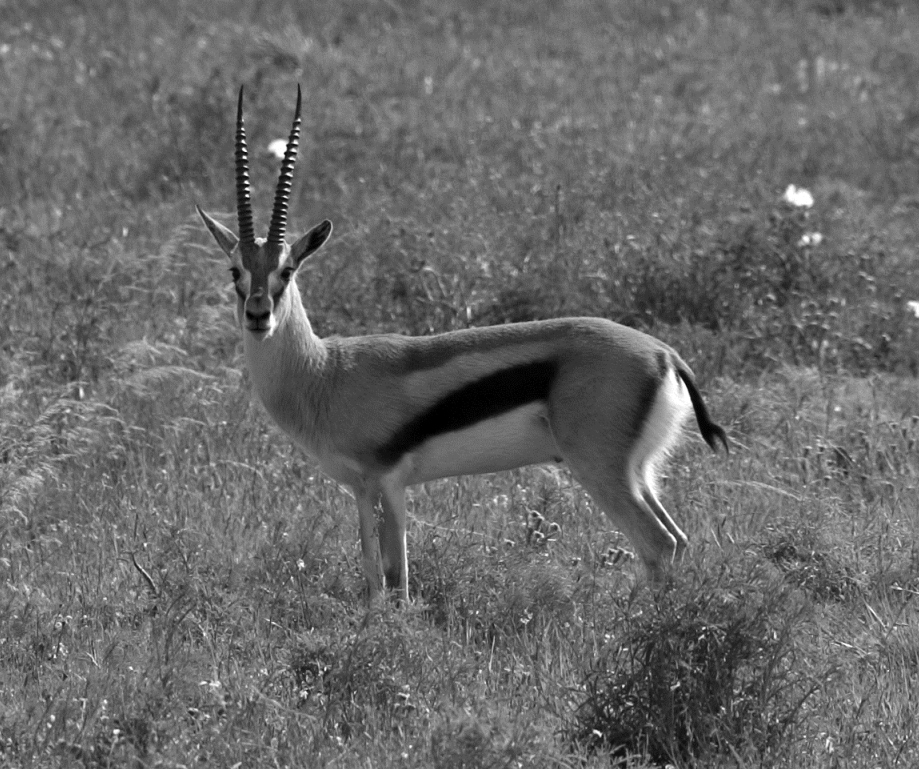
Sable Antelope*, Hippotragus niger. Introduced, uncommon. Bovidae. A large, elk-sized animal, nearly black in color with white facial stripes and reddish ears. Horns are long, curved over the back, and give the appearance of being ringed.
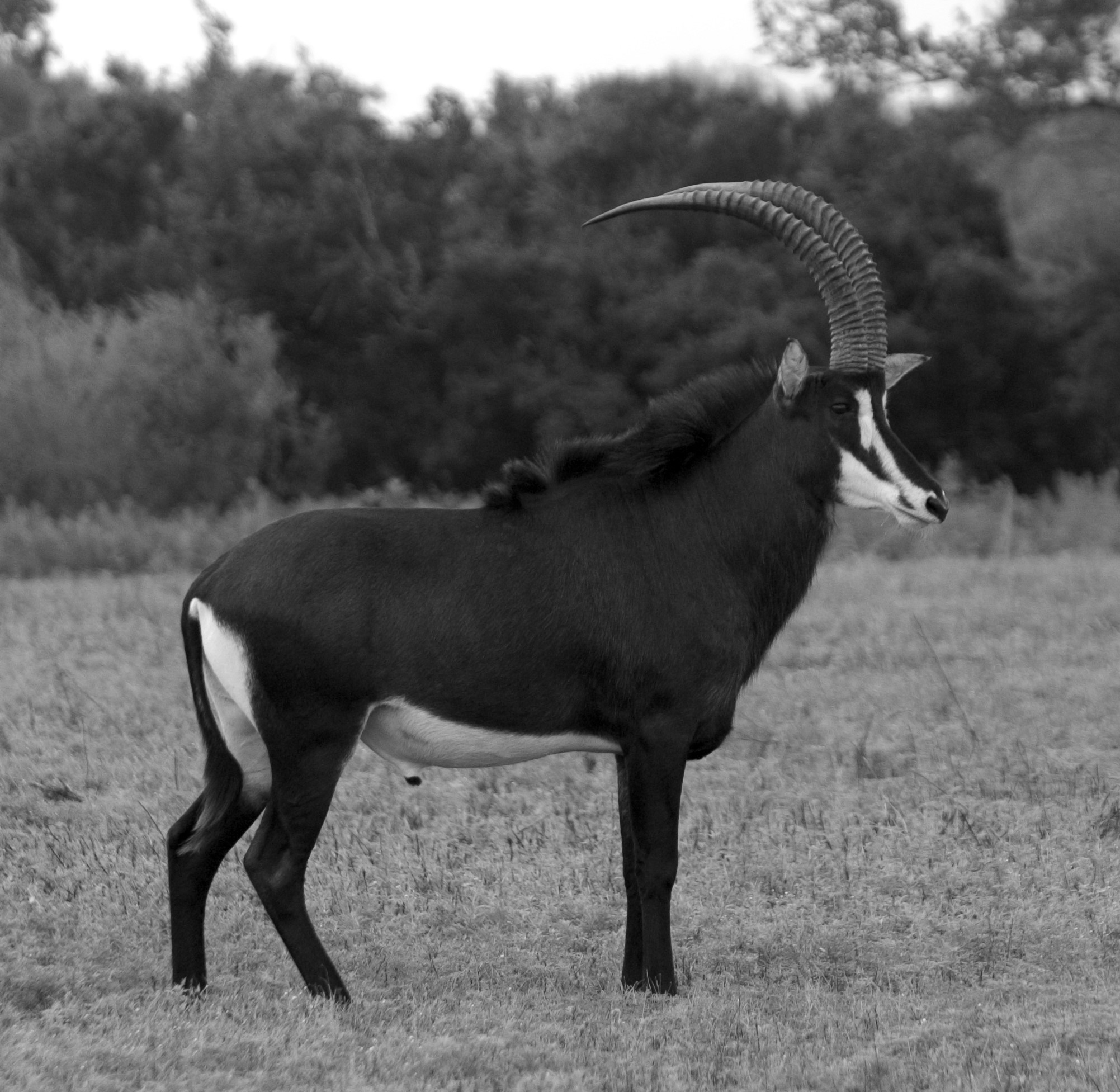
Scimitar-horned Oryx*, Oryx dammah. Introduced, uncommon. Bovidae. A large, elk-sized animal, mostly white in color with reddish-brown chest and shoulders. Horns are exceptionally long, curved over the back, and give the appearance of being ringed.
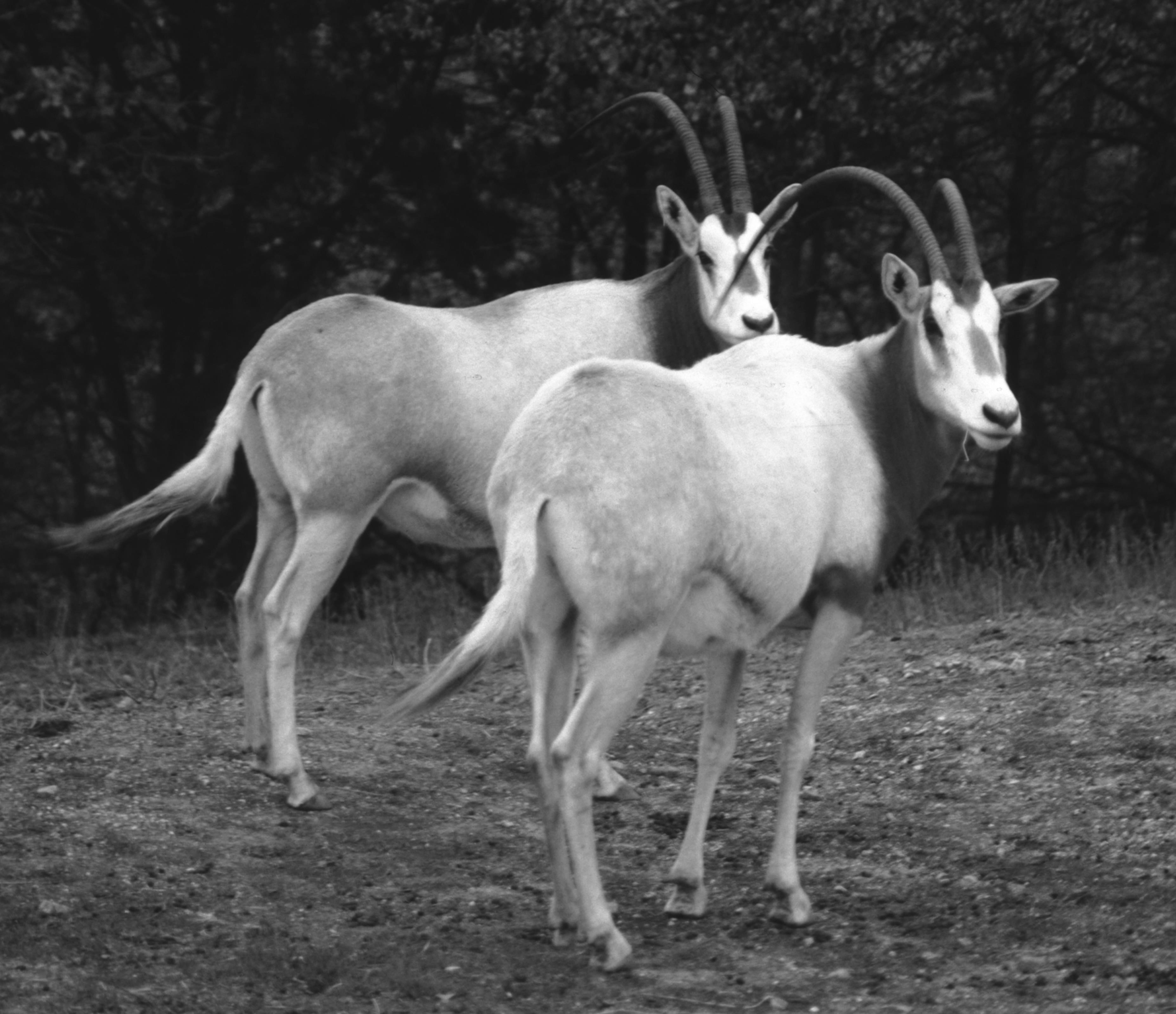
Common Eland*, Taurotragus oryx. Introduced, uncommon. Bovidae. A cow-sized animal, tannish in color with faint vertical white stripes on sides and flanks of some individuals. Horns are short, broad, and spiraled.
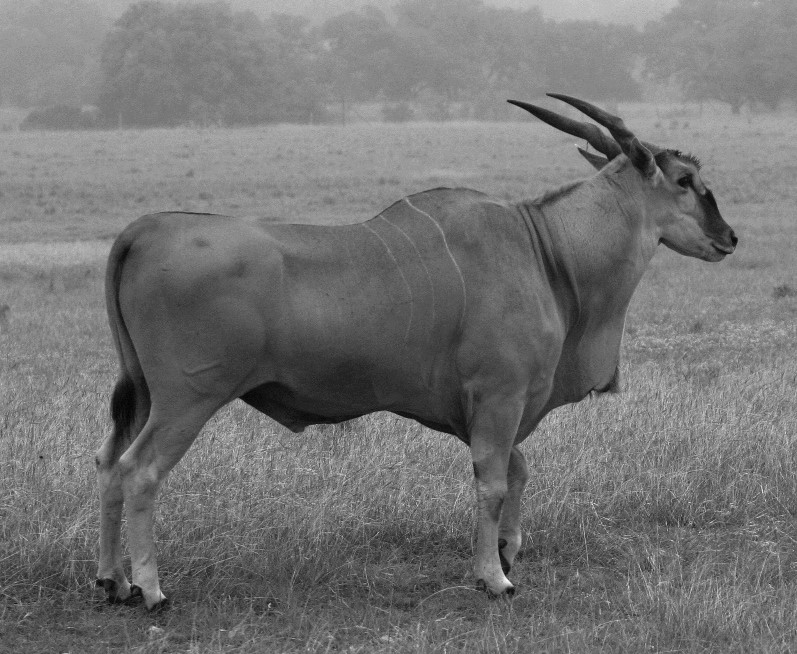
Red Deer*, Cervus elaphus. Introduced, uncommon. Cervidae. A large, elk-sized animal, mostly brown in color with white rump patch—nearly identical to the wapiti or elk. Horns are branched as in the elk.
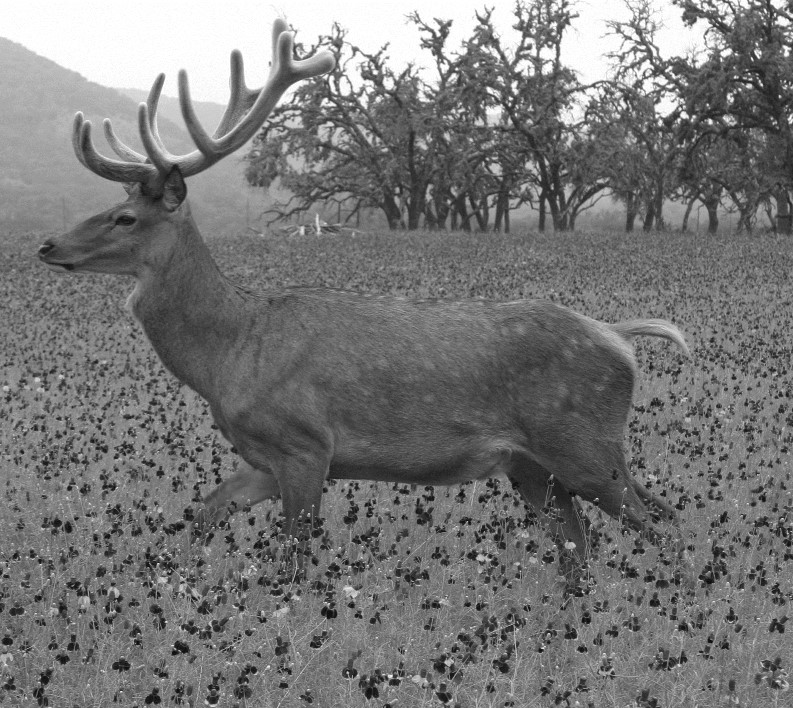
From The Mammals of Texas, Seventh Edition by David J. Schmidly and Robert D. Bradley, copyright © 1994, 2004, 2016. Courtesy of the University of Texas Press.
Natural Science Research Laboratory
-
Address
Museum of Texas Tech University, 3301 4th street, Lubbock, TX 79409 -
Phone
806.742.2486 -
Email
nsrl.museum@ttu.edu

